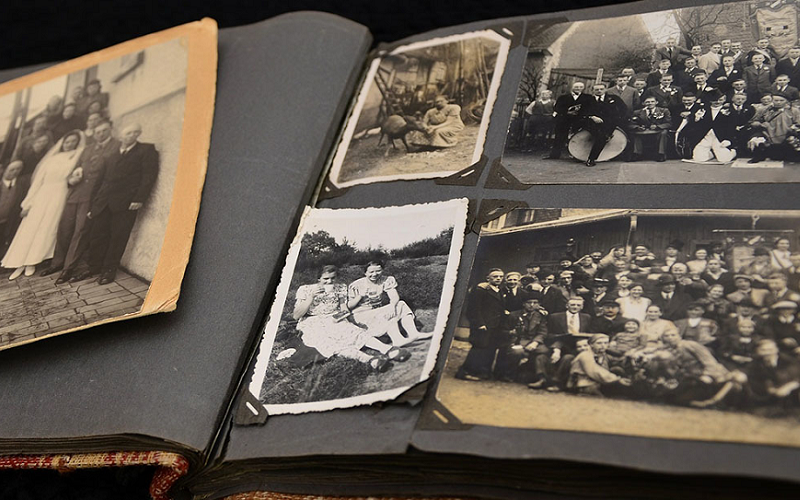
Exploring your ancestry can provide a valuable window into the past and help you understand more about your family’s cultural traditions and heritage. By sharing this experience with your children, you can not only help them develop a greater sense of identity and belonging, but also foster a deeper appreciation for diversity and history. Here we discuss the importance of learning about your ancestry with your kids and explore ways to get started on this meaningful journey.
What Is Ancestry?
Ancestry refers to a person’s lineage or family history. It encompasses the genetic and cultural inheritance passed down through generations of a family. Ancestry can be traced through various means, such as genealogical research, DNA testing, and historical records.

Understanding one’s ancestry can reveal information about a family’s cultural traditions, social and economic status, and geographic origins. It can also provide insight into notable individuals or events in a family’s history. The study of ancestry has become increasingly popular in recent years, as more people seek to explore their heritage and connect with their past.
By learning about their ancestry, individuals can gain a greater appreciation for their family’s unique history and cultural identity.
Understanding the Significance of Ancestry
Understanding the significance of ancestry is important for several reasons. First, exploring family history can reveal important information about one’s cultural heritage and traditions, providing a deeper understanding of one’s cultural identity. It can also help individuals appreciate the contributions of their ancestors to society, such as their achievements or struggles.
Ancestry can also provide insight into the evolution of one’s family over time, including changes in social and economic status, geographic location, and family size. By studying their ancestry, individuals can develop a stronger sense of identity and belonging, which can contribute to their overall well-being and mental health.
Understanding the significance of ancestry can help individuals connect with their past, gain a deeper appreciation for their cultural identity, and better understand their place in the world.

Benefits of Learning About Ancestry With Kids
Learning about ancestry with kids offers several benefits that can positively impact their growth and development. By exploring family history together, families can strengthen their bonds and develop a greater appreciation for their shared heritage. This can help children feel a greater sense of connection to their family and ancestors, which can contribute to their overall well-being.
Learning about ancestry can also promote empathy and understanding, as children gain insight into the experiences and challenges of their ancestors. Exploring ancestry can enhance children’s sense of self, as they gain a deeper understanding of their cultural identity and how it relates to their family’s history.
Studying ancestry can help children develop a greater appreciation for diversity, as they learn about the different cultural traditions and practices of their ancestors.
Ways to Explore Ancestry With Your Kids
There are several ways to explore ancestry with your kids. One way is to research family history together, using resources such as family records, genealogy websites, and historical archives. This can help kids learn about their ancestors and the different cultural traditions and practices that have been passed down through the generations.
Another way is to visit ancestral homes and places, allowing kids to connect with their heritage in a tangible way. This can include visiting historical sites or attending cultural events and celebrations. Sharing stories and personal experiences is also an effective way to explore ancestry with kids, as it provides insight into the experiences and challenges of previous generations.
Participating in cultural events and celebrations can also help kids connect with their ancestry and gain a greater appreciation for their cultural heritage.

Overcoming Challenges in Learning About Ancestry
Learning about ancestry can present several challenges that families may need to overcome. One common challenge is dealing with difficult or painful family history, such as instances of trauma or discrimination. In such cases, it is important for families to approach the topic sensitively and with empathy.
Another challenge is navigating cultural differences and sensitivities, especially when exploring the history of ancestors from different cultures or ethnicities. Families may need to be mindful of cultural nuances and differences to avoid causing offense or misunderstanding.
Addressing language and communication barriers can also be a challenge, particularly when researching family history in other countries or cultures. Families may need to seek out translators or other resources to overcome these obstacles.
Overall, the key to overcoming challenges in learning about ancestry is to approach the topic with sensitivity and empathy, and to be mindful of cultural differences and potential communication barriers.
